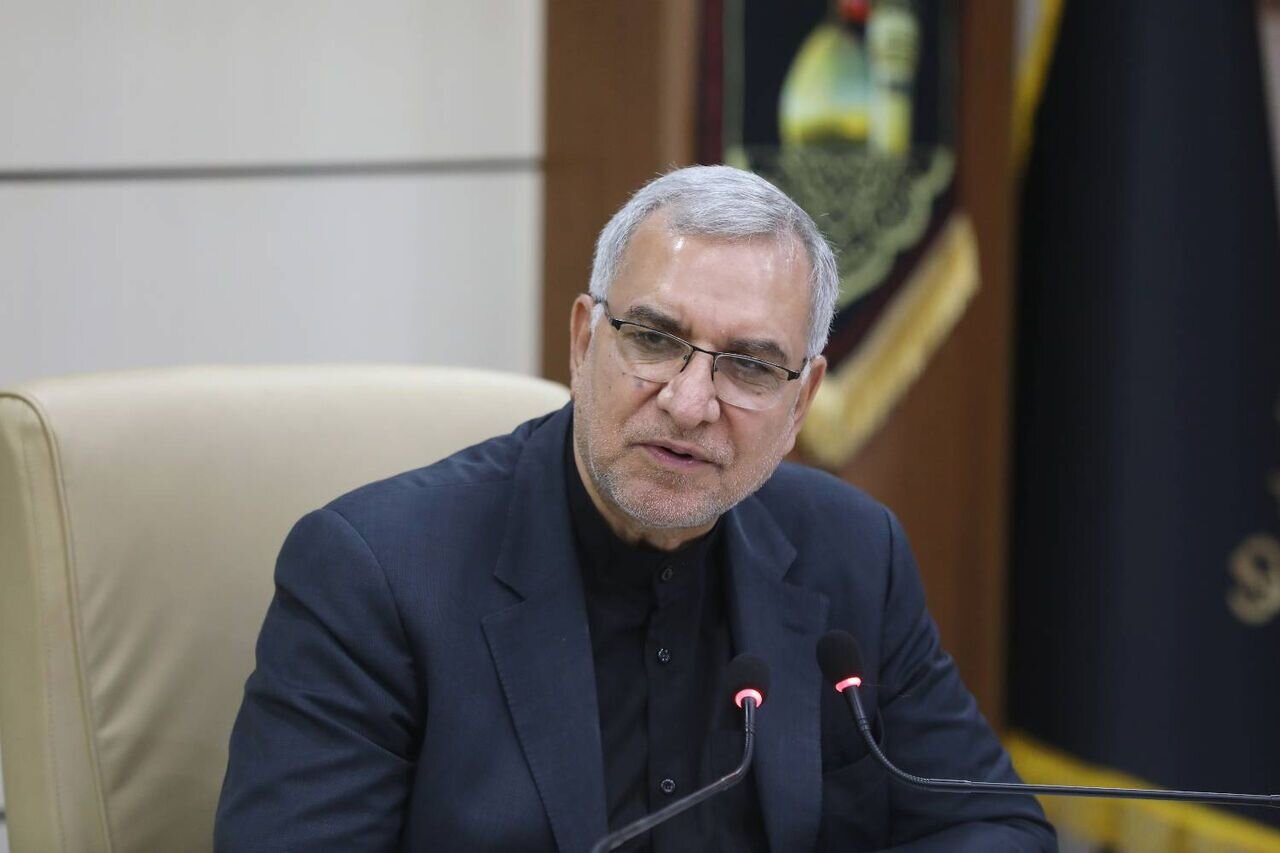Iran, Belarus ready to boost pharmaceutical cooperation

TEHRAN – The public and private sectors of Iran and Belarus have announced their readiness to expand cooperation in the field of medicine and medical equipment.
Health Minister Bahram Einollahi said on Monday that Belarus has asked to import some Iranian pharmaceutical products, IRNA reported.
Referring to the visit of the first vice president, Mohammad Mokhber, to Belarus tomorrow, he said that the two sides are likely to reach an agreement on the joint production of medicine and medical equipment.
Exports on the rise
On August 13, Heidar Mohammadi, the head of the Food and Drug Administration, said exports of pharmaceuticals and medical equipment grew by 300 percent in the first four months of the current Iranian calendar year (started on March 21), IRNA quoted.
Last year, some 1,060 trillion rials (about $2.1 billion) worth of medicine and medical equipment were manufactured inside the country, he added.
Around 99 percent of the medicine supplied to the domestic market is produced by Iranian companies, he highlighted.
Iran plans to increase the exports of medicine to around $200 million in the current year from some $60 million last year, Mohammadi said in April.
Currently, the production of medicine, medical equipment, and powdered milk is supported by subsidies. So, their exports were very limited, but it is hoped that their exports will increase next year, he explained.
Referring to the shortage of 100 drug items in the country, he said: “Currently, nearly one and a half percent of the country's pharmaceutical need is imported. Along with domestic production, it is done as soon as the domestic production meets the demand.”
A total of 227 knowledge-based firms are supplying medical equipment for health centers across the country, according to the Vice Presidency for Science and Technology.
Iranian-made pharmaceuticals are currently exported to Canada, Japan, and Europe, Faramarz Ekhteraei, chairman of the Iranian Pharmaceutical Industries Syndicate said, emphasizing that 72 percent of the country's pharmaceutical raw materials are domestically produced.
Some 40 percent of the country's total pharmaceutical exports are biotechnology products, a member of the board of directors of the Association of Manufacturers and Exporters of Medical Biotechnology Products said.
MT/MG
